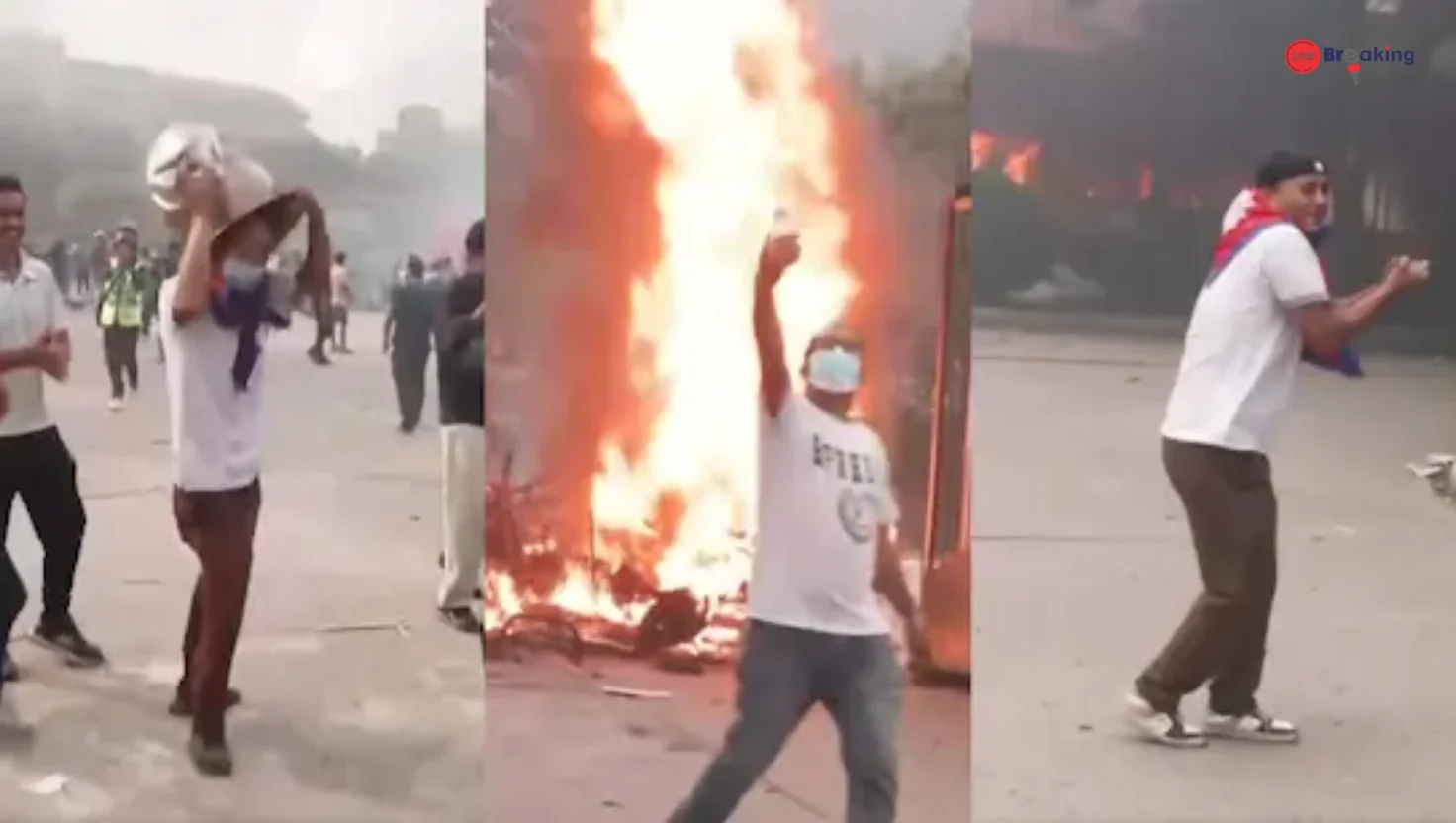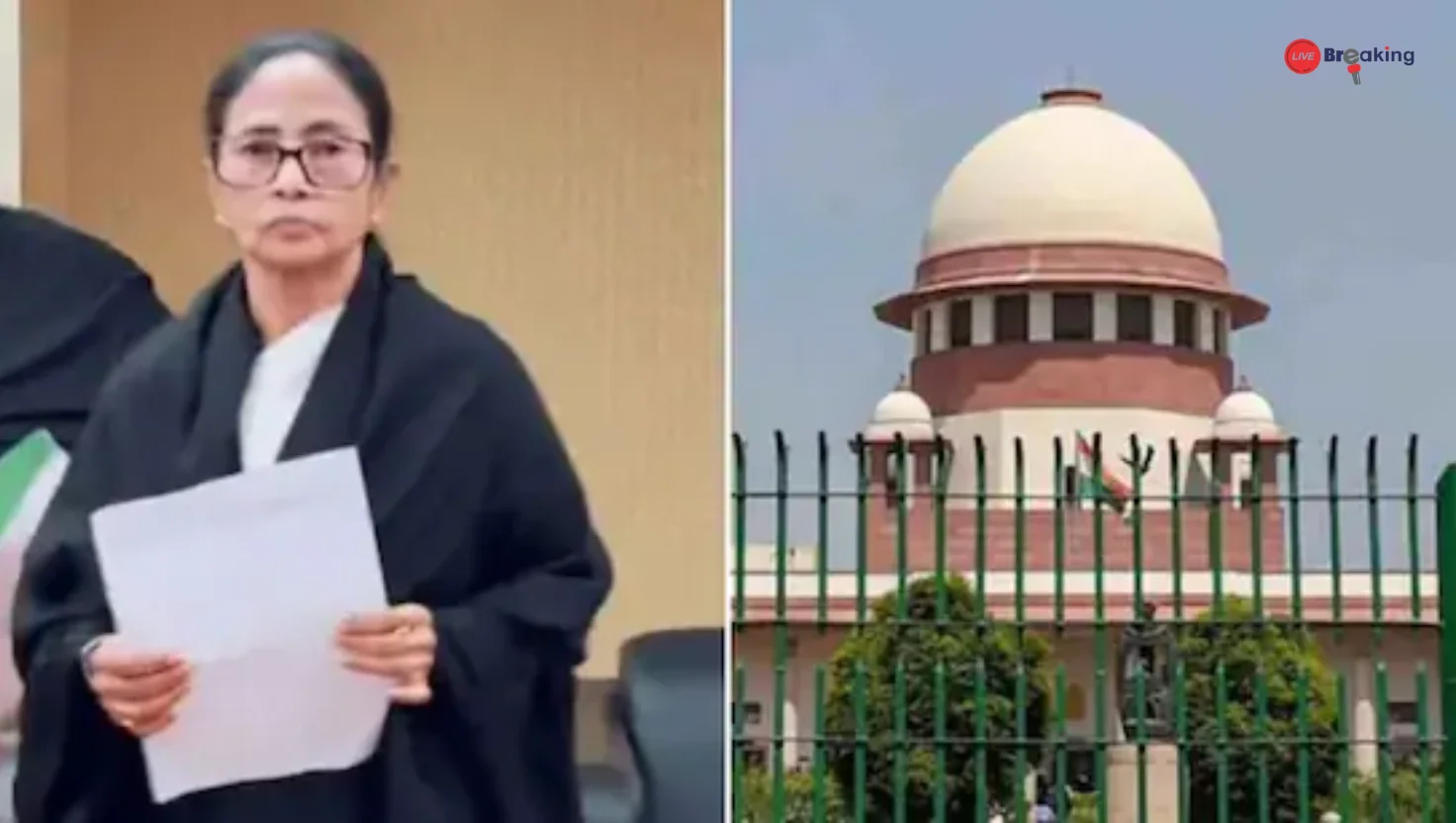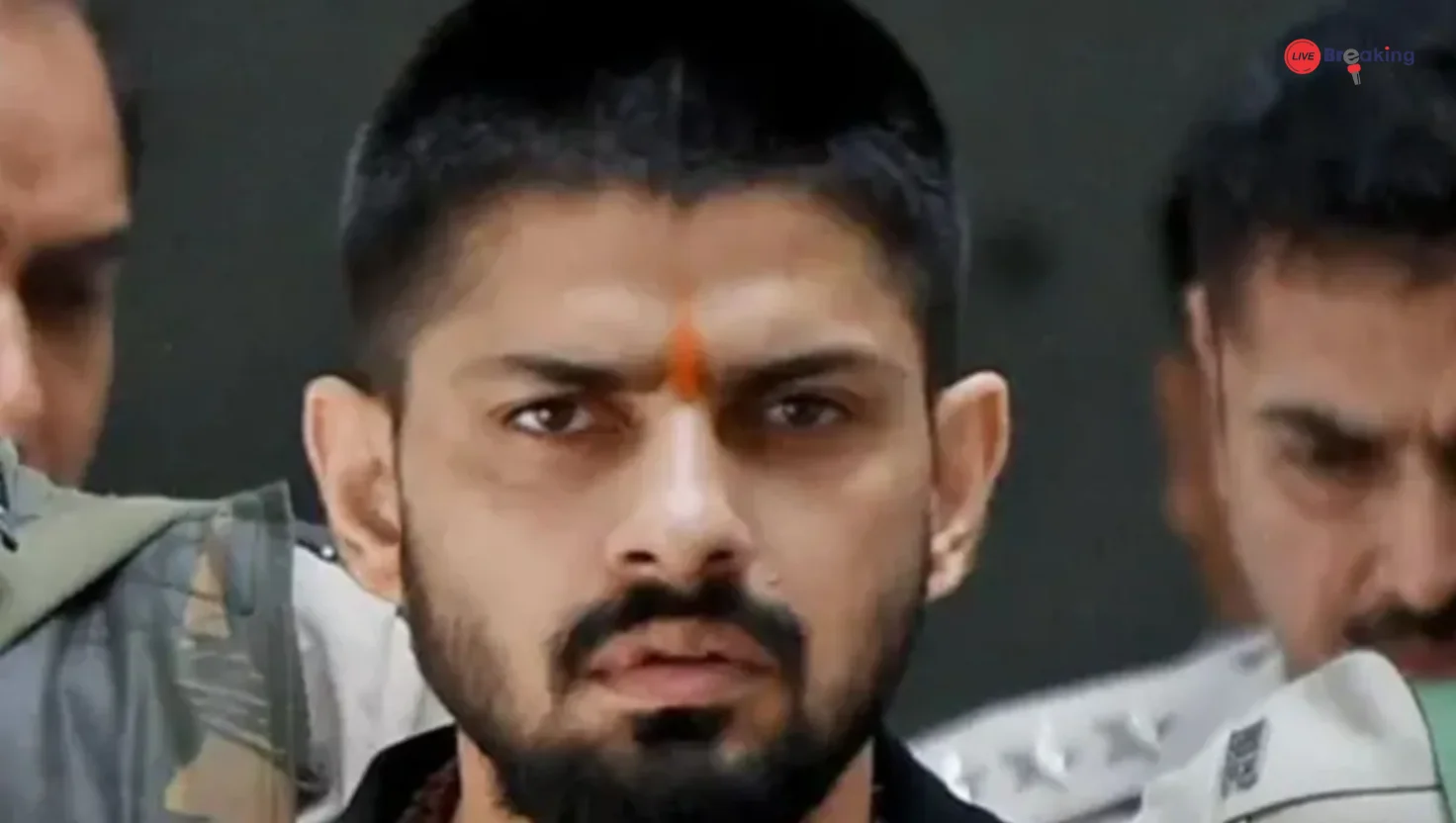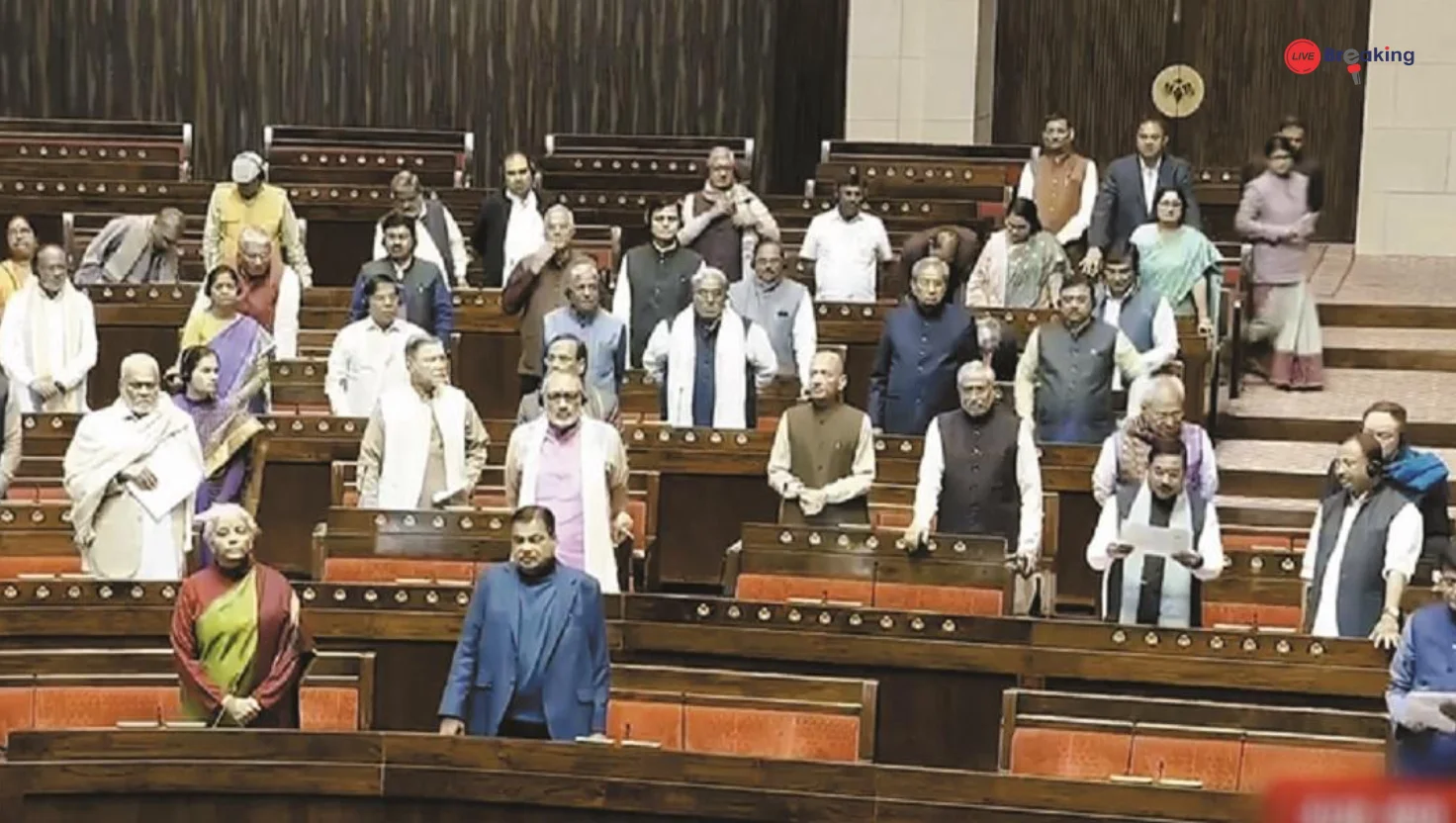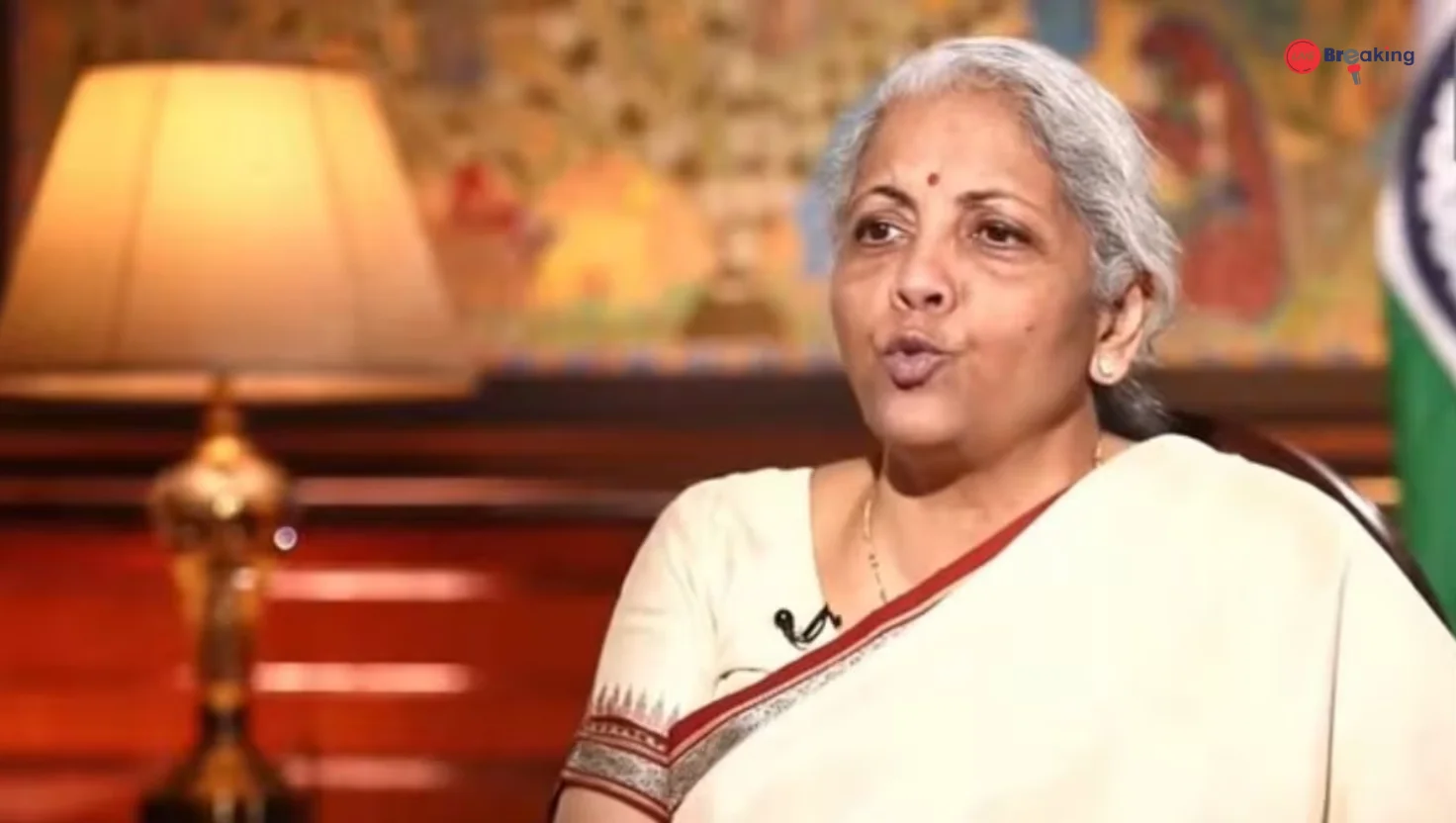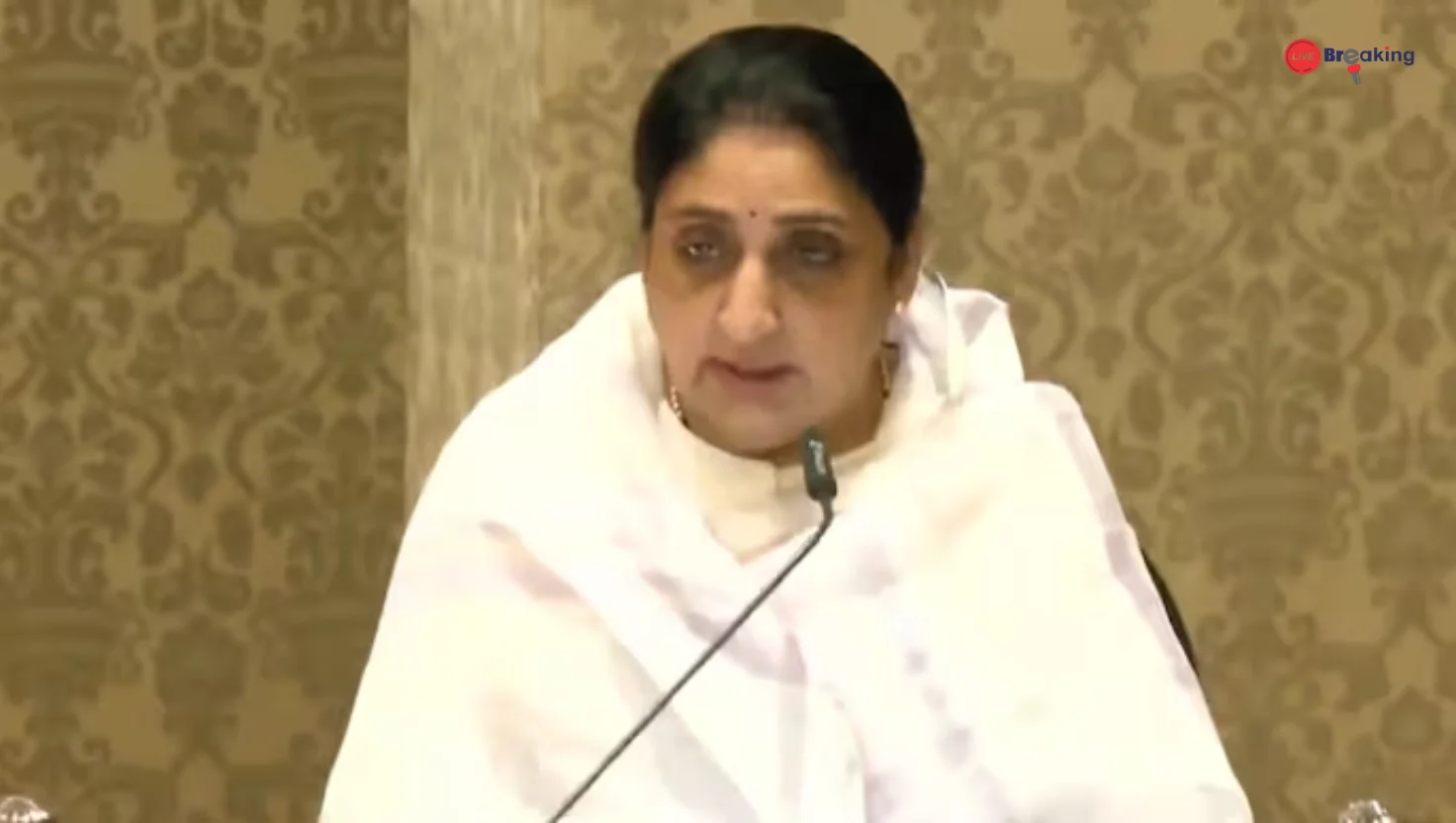“Gen Z Revolted In Nepal, Here Also…”: After Stampede, Vijay’s Aide’s X Post
A social media post by an aide of actor-turned-political aspirant Vijay has ignited debate after it drew a parallel between the recent tragic stampede in Tamil Nadu and the wave of Gen Z-led protests that shook Nepal earlier this year. The remark, shared on X, suggested that younger generations are increasingly restless and could revolt against political establishments if their frustrations are ignored.
The Context: A Stampede That Shook the State
The backdrop to the post is the stampede that occurred during a public distribution event linked to Vijay’s welfare initiatives. What was meant to be a gesture of goodwill ended in tragedy, with several lives lost and dozens injured. The incident not only triggered grief but also sparked anger over mismanagement, inadequate crowd control, and the larger responsibility of public figures who organize such gatherings.
In the immediate aftermath, criticism was directed at the actor’s team, with political opponents quick to highlight alleged lapses. Social media platforms lit up with outrage, amplifying the sense that the incident had touched a raw nerve in a society already simmering with economic pressures, unemployment concerns, and political distrust.
The Viral Post
It was against this charged backdrop that a close aide of Vijay took to X, writing, “Gen Z revolted in Nepal, here also the same sentiment is rising.” The message, though short, resonated widely and quickly went viral. Supporters and detractors alike weighed in, interpreting the post as both a warning and a reflection of the mood among young Indians.
For some, the statement struck a chord by highlighting how the youth—especially those in their late teens and twenties—are becoming more vocal about their dissatisfaction with governance and societal structures. For others, the post appeared provocative, seemingly politicizing a tragedy at a time when the focus should have been on relief, accountability, and compassion for victims’ families.
Nepal’s Gen Z Revolt: A Point of Reference
Earlier this year, Nepal witnessed unprecedented demonstrations led largely by its youth. Frustrated with corruption, unemployment, and perceived failures of governance, thousands of young people took to the streets, shaking the political establishment in Kathmandu. The protests were marked by both energy and defiance, as Gen Z participants used social media to organize, amplify their voices, and demand accountability.
By drawing a parallel to that movement, Vijay’s aide effectively suggested that Indian youth could be on the brink of similar mobilization. The post implied that a restless generation, equipped with digital tools and emboldened by global examples, may not stay silent if their grievances remain unaddressed.
Public Reaction: Support and Criticism
The aide’s remark divided opinion. Many young social media users expressed agreement, saying the frustrations of Gen Z in India are real and growing. They pointed to issues such as high unemployment, soaring education costs, lack of opportunities, and disenchantment with mainstream politics as reasons for their anger.
Read more: Sushila Karki Or Kulman Ghising? Nepal’s Gen Z Protesters’ Big Choice
Critics, however, argued that invoking Nepal’s protests was an unnecessary escalation, especially when emotions were still raw after the stampede. Political rivals accused Vijay’s camp of deflecting responsibility and attempting to reframe the tragedy as a broader generational struggle. Others saw it as a deliberate attempt to connect with youth sentiment, positioning Vijay as a leader attuned to their frustrations.
The Larger Message
Regardless of intent, the viral post reflects an important truth: India’s younger generations are more politically aware and digitally mobilized than ever before. With smartphones in hand and platforms like X, Instagram, and YouTube as their arenas, Gen Z has the ability to shape narratives, challenge power structures, and even influence electoral outcomes.
The tragic stampede may have been the trigger, but the conversations it sparked—about safety, responsibility, and the anger of the young—are far more enduring. The aide’s statement, while controversial, underscores a growing recognition among political actors that ignoring the aspirations and anxieties of youth could be perilous.
What Lies Ahead
For Vijay, who is carefully building his political identity, the incident and its aftermath pose both a challenge and an opportunity. On one hand, he must address criticism and ensure accountability for the tragedy. On the other, his team’s framing of Gen Z anger could resonate with younger voters who are seeking leaders that understand their struggles.
Read more: Why Nepal Banned Social Media — And Why Protests Run Deeper Than That
As the debate unfolds, one reality cannot be ignored: the youth are restless, impatient, and increasingly unwilling to tolerate failures of governance. Whether this energy translates into organized political revolt, as seen in Nepal, or into electoral power remains to be seen. But the message is clear—the next generation is watching, and they are not afraid to make their voices heard.

